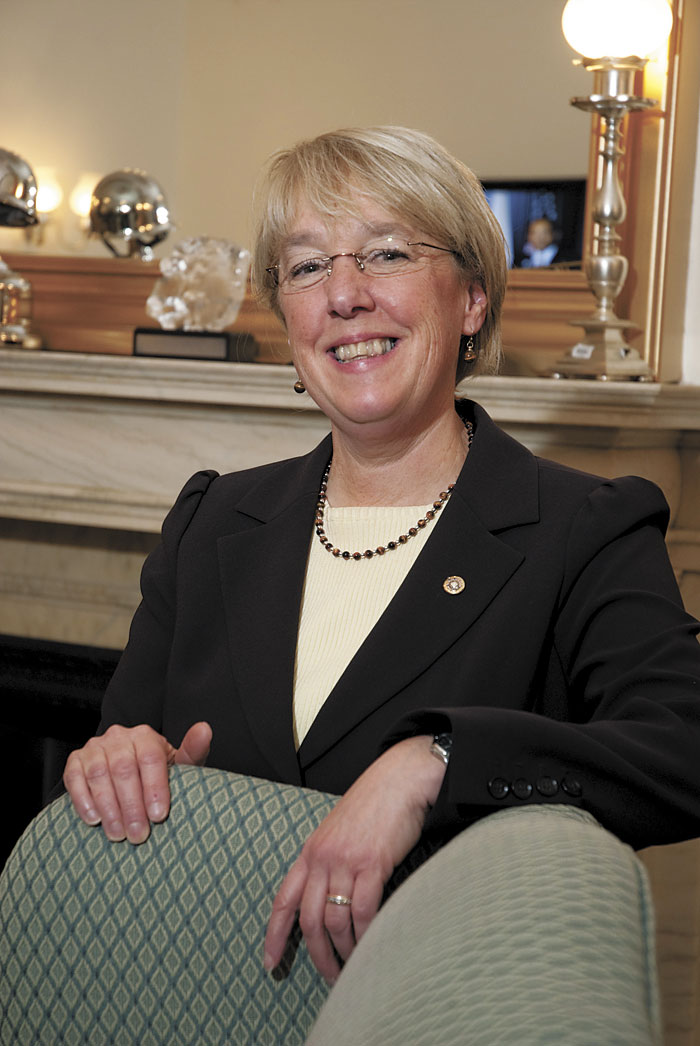A few things you may be surprised to hear about Republican candidate for Lieutenant Governor Marcia McCraw: She’s pro-choice, in favor of medical marijuana, and supports gay rights. This sets her apart on the social issues from 12-year Democratic incumbent Brad Owen, who is anti-choice, uses his rock band and his office to crusade against pot, and is lukewarm on gay rights.But McCraw– a lawyer from Ballard who speaks fluent Chinese and recently worked for King County Council Member Jane Hague– says she’s had a tough time getting her socially liberal message out. “I met with the head of Equal Rights Washington. He understood I’m 100 percent on his issues. When I asked for his endorsement, he said he couldn’t do it because he’d finally reached a detente with the incumbent, who’s not pro gay rights,” she says. Joshua Friedes, advocacy director for Equal Rights Washington, says his organization considers a number of issues when considering who to endorse, including electibility. “We need to work with the incumbent,” he says. “Brad is somebody who we need to continue to have conversations with.”McCraw says she had a similar reaction from a pro-choice organization that she declined to name. “It’s been really tough,” she says. “Campaigning for this office made it clear to me we should not have lifetime appointments. Democracy thrives on new ideas and new blood.” The lieutenant governor, because of its narrow duties as president of the Senate and pinch hitter for the governor, has freedom to pursue initiatives specific to his or her interest. Owen’s focused on keeping kids off drugs. If elected, McCraw, a self-proclaimed fiscal conservative, says she’d promote trade with Asia, make Washington a leader in renewable energy (with an emphasis on waves) and create a searchable database for prospective volunteers looking to give back. “If people aren’t involved in a church or synagogue it’s hard to break into the non-profit world,” she says. Owen beat McCraw 52 percent to 26 percent in the primary, but a Stuart Elway poll out earlier this month showed Owen at 47 percent with 33 percent of the voters still undecided. Money is a problem, however. While Owen has $35,500, McCraw has only around $5,500. “Fundraising is the biggest issue right now. I think a radio campaign would be helpful,” she says.
More Stories From This Author
Adam Smith and Kim Schrier will retain Congress seats | Election 2024
Smith represents the 9th Congressional District and Schrier represents the 8th Congressional District.
November 5, 2024 9:40 pm
Boeing Machinists approve contract, ending 52-day strike
After voting no twice, 59% of union members approved the latest contract.
By
Michael Henneke • November 5, 2024 8:40 am
Charges filed against teens in King County crime spree
Suspects linked to 78 robberies, shootings and carjackings in Sept. and Oct.
By
Benjamin Leung • October 21, 2024 6:00 pm





